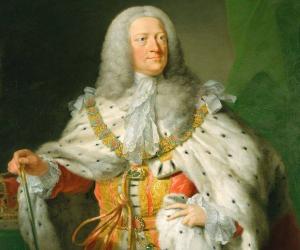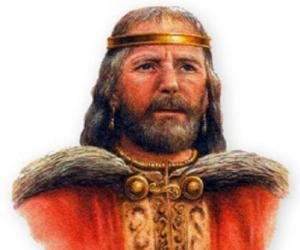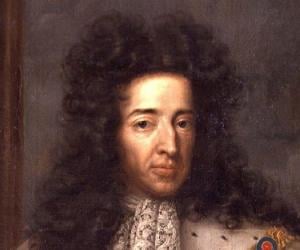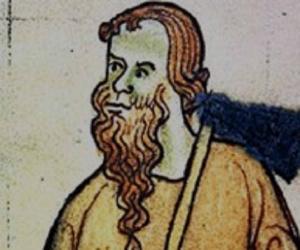1
George II of Great Britain
(Former King of Great Britain & Ireland (1727 - 1760))
Birthdate: November 10, 1683
Sun Sign: Scorpio
Birthplace: Hanover, Germany
Died: October 25, 1760
George II of Great Britain was King of Great Britain and Ireland, Duke of Brunswick-Lüneburg (Hanover), and a prince-elector of the Holy Roman Empire. He ascended the British throne in 1727 and had limited control over domestic policy, which was mostly managed by Parliament. As elector, he spent time in Hanover, where he had more direct influence on government policy. George led an army in battle during the War of the Austrian Succession and faced a Jacobite rebellion in 1745. Historians have reassessed his legacy, acknowledging his impact on foreign policy and military appointments.










